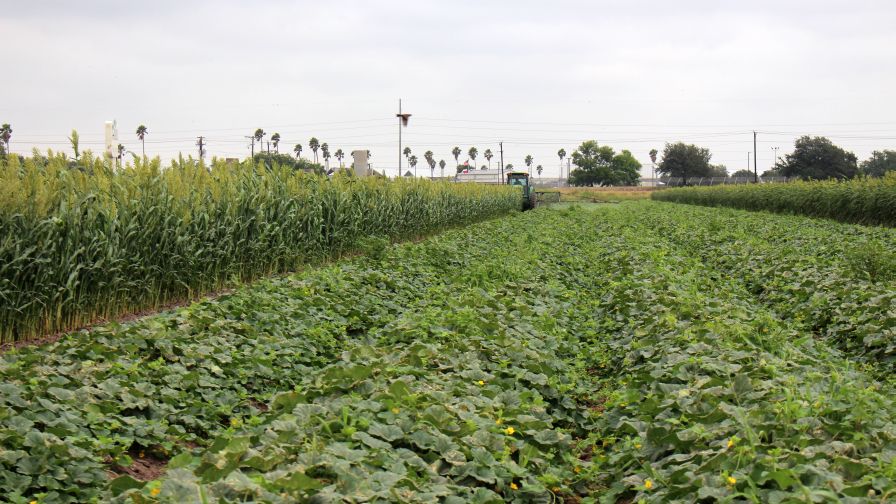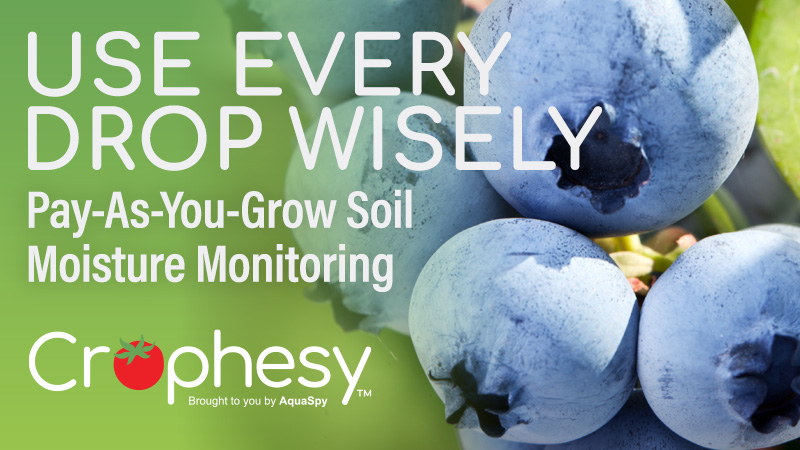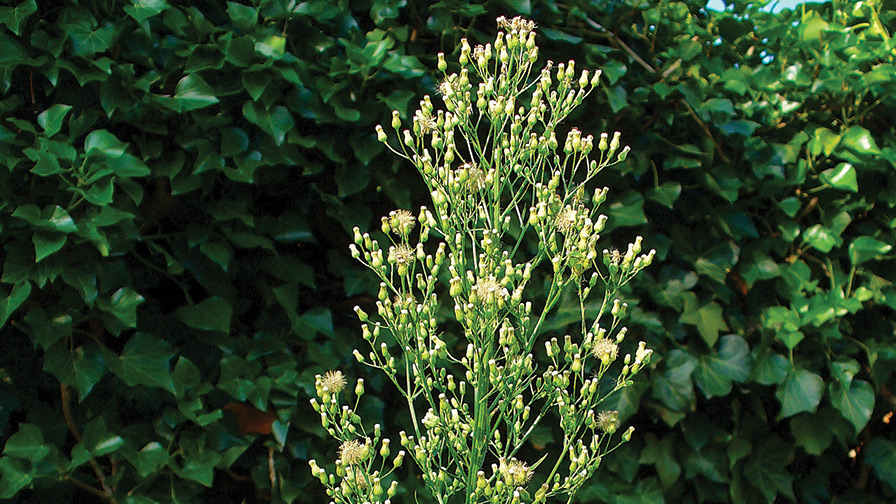Dig In Against Soil Carbon Depletion

1. Why should Florida growers be concerned about carbon depletion in their soil?
Pope: A healthy soil has a certain amount of soil organic matter that over time produces active carbon content. The active soil carbon content is generated by the breakdown of humus from applied or grown organic materials. If the humus does not exist or the soil is heavily cropped and the active soil carbon is not replaced, there can be great impact on physical, chemical, and biologic properties of the soil.
2. How can growers tell if their crops are suffering from carbon depletion?
Pope: In a complete soil test, the first signs of carbon depletion are low cation exchange capacity (CEC), second is low soil organic matter. In-field assessment of physical soil characters that can be used as indicators of low humus and soil carbon are soil compaction, crusting (salinity), and low water and nutrient retention. The plant symptoms, such as stunting, poor root development, and low nutrient utilization, may exist. Depending on the form, humic acids have been reported to address these concerns. The focus of the humic acid used should be the soil and active carbon regeneration within the soil. Some key factors to maximize the effect on soil health include concentration of humic substances, rate, particle size, and biologic activity.
3. Are there specific fruit or vegetable crops more vulnerable to carbon depletion?
Pope: Perennial crops like trees, fruits, blueberries, and citrus are vulnerable to have long-term effects of poor soil organic matter and active carbon content. Vegetable crops are a major benefactor of the humic and fulvic acids in low CEC/active carbon soils.
4. How can the addition of carbon impact the speed of new tree establishment in citrus?
Pope: Research conducted during the 1980s in Florida citrus showed that application of granular products with humates at specific rates positively affected both the growth of newly established and existing citrus trees.
5. Can a carbon amendment improve utilization of water to grow crops?
Pope: Water management is an important topic now and in the future. Humic substances’ effect on soil chemistry, biology, and physical nature effect water usage by the plant. One of the soil chemistry activities by humic substances is moisture retention. In addition, humic substances are water-loving molecules and have been shown by research to increase water holding capacity in the soil. This is particularly so in soils with low active carbon measurements. The limited amount of organic matter and active carbon present in Florida soils determines how well these soils can hold nutrients, moisture, and resist leaching effects of water moving through the soil.









